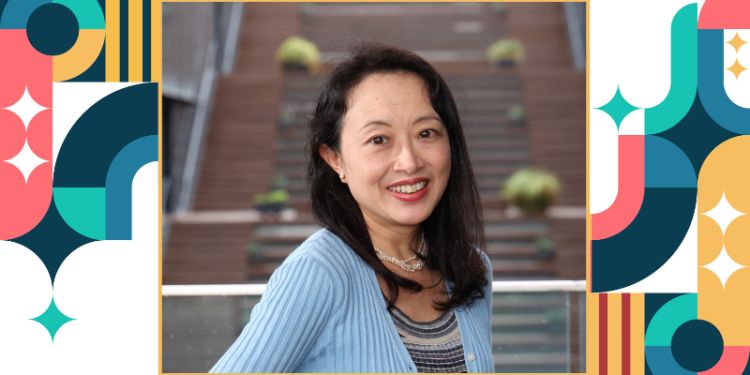Centre for Language Education Research (CLER) Distinguished Lecture

- Date: Tuesday 17 June 2025, 16:00 – 18:00
- Location: Baines Wing SR (2.08)
- Cost: Free
A critical approach to L2 pragmatics instruction: Promoting linguistic justice through multilingual pragmatics
Under the influence of identity scholarship in applied linguistics at large, a growing body of research has investigated the relationship between identity and second language (L2) pragmatic use and development. This presentation will begin with a brief overview of how identity and agency have been investigated in L2 pragmatics research. In a multilingual turn in applied linguistics (Conteh & Meier, 2014; May, 2014, see also Dovchin, 2019; Kubota, 2016), learners can be reconceptualized as multicompetent or translingual, mixing and meshing, or translanguaging their resources within their multilingual repertoire (Canagarajah, 2013; Li, 2018). This translingual agency can be enacted at a pragmatic or discursive level, as multilinguals creatively and critically enhance their meaning-making as part of their complex identity negotiation.
In light of this awareness, the presentation will also offer some suggestions for teaching L2 pragmatics in a global context with examples drawn from relevant literature and classrooms. Unless teachers have a balanced understanding of the diverse social and linguistic practices across and within communities and address such subtleties in the classroom, pragmatic instruction runs the risk of essentializing cultures, language uses, or communities, an outcome that would defeat the purpose of intercultural communication. Cultural homogenization and essentialization in pragmatic instruction can lead to prejudice, discrimination, marginalization, othering, unequal social practices, and misrepresentations of linguistic justice (Ishihara & Porcellato, 2022). While teachers can advocate for linguistic equity and diversity among their students, a practice that can be supported through teacher development, teachers should also be guided to become aware of their own multiplicity and translingual practice, to put this awareness into practice in their language classrooms, and to reflect critically and recursively on this process (Motha, Jain, & Tecle, 2012., Zheng, 2017; Ishihara, Pocellato, & Prado, 2023).
Noriko Ishihara is Professor of Applied Linguistics and (T)ESOL at Hosei University, Japan. She holds a PhD in curriculum and instruction from the University of Minnesota and currently teaches intercultural communication, TESOL methods, and English as an additional language at Hosei University. She also facilitates professional development courses in Japan, the U.S., and elsewhere with a particular focus on L2 pragmatics and intercultural awareness. Her research interests include instructional pragmatics, identity and culture in language learning, (im)politeness and microaggressions in language teaching, teacher education, and aviation English. She is an author of Teaching and learning pragmatics: Where language and culture meet (2nd edition, Routledge 2022), earlier editions of which have been translated into Arabic, Japanese, and Korean, as well as other publications in (critical) applied linguistics and language pedagogy. More information about her work can be found on her personal profile webpage.
This is a free event but registration is essential.

